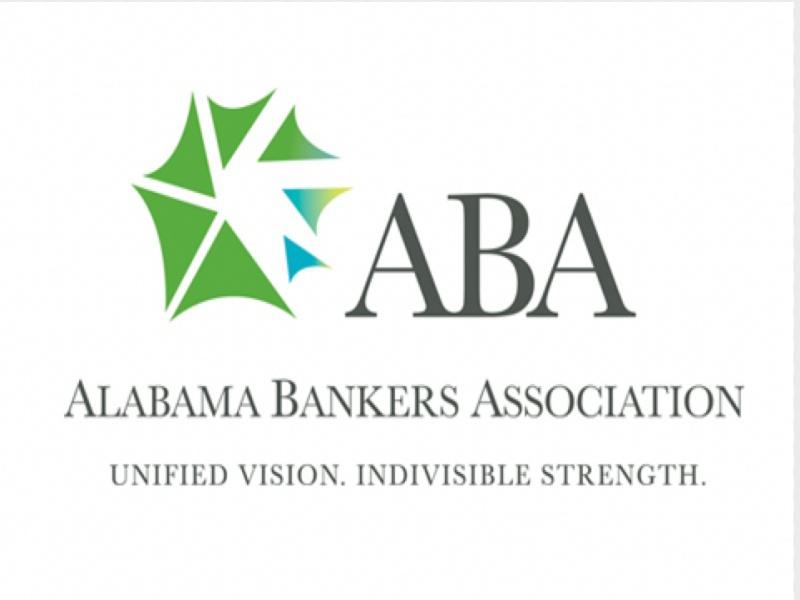The Alabama Bankers Association (ABA) is hosting a webinar to argue in favor of diversity, equity and inclusion (DEI) policies in the state's financial institutions, as the policies have been the focus of heavy criticism from conservatives around the country.
The webinar, titled "The Business Case for DEI in Banking," is open to bank executives, managers, supervisors, HR professionals and trainers.
The ABA describes the webinar on its website: "If the financial services industry is to truly earn the full trust and respect of all segments of our society, banks must be as diverse as the communities in which they operate and serve. In this session, participants will learn why Diversity, Equity, and Inclusion (DEI) initiatives are critical to their institution's long-term success and profitability. An extensive body of research suggests that organizations that excel at DEI are higher-performing companies measured by business, financial, brand, and talent outcomes. It is more important than ever for banks to implement policies and practices that welcome and engage talent across a diverse range of identities inclusive of race, ethnicity, gender identity, and sexual orientation. For younger job seekers and Gen Z employees especially, diversity and inclusion in the workplace are not a preference. They are a requirement."
The webinar will take place on Wednesday, May 31, from 1:30 to 3 p.m. Beneficial State Foundation (BSF) Industry Relations and Partnerships director Francis Janes will host.
On its website, the BSF describes itself as "a team of equity champions who are passionate about advancing financial justice and impactful systemic change in our communities and in the banking system."
According to the ABA, Janes supports "corporate social responsibility" strategies and environmental, social governance (ESG) initiatives.
ESG scoring evaluates how a corporation aligns itself with social goals beyond earning a profit for its shareholders. These goals often pertain to environmental sustainability and advocacy for specific social movements, and commitment to DEI.
Organizations, such as MSCI, award ESG scores to corporations supposedly based on their adherence to ESG values. Large asset management groups, like BlackRock, Vanguard, and State Street, and banks like JPMorgan and Bank of America use ESG ratings to choose where to direct capital.
Conservative critics have called ESG investing a "wokeness report card" and compared it to China's social credit score system.
Last week, sources informed 1819 News that state lawmakers and ESG opponents received harsh backlash from Alabama's big business lobbyists, such as the Business Council of Alabama's (BCA) manager of Government Affairs William Newman and Regions Financial's head of government affairs and economic development Jason Isbell.
Meanwhile, lawmakers delayed legislation restricting the state government from using ESG in its investments or entering into contracts with companies who use ESG to discriminate in business practices.
Alabama Republicans also have initiatives to push back against DEI, which critics say does not promote the representation and participation of different identity groups like proponents of the programs claim they do. Instead, critics argue that DEI programs "have actually stifled intellectual diversity, prevented equal opportunity and discriminated against anyone who dissents from these policies."
The Alabama Republican Party (ALGOP) passed a resolution in February to abolish DEI policies and bureaucracies and mandatory diversity training in public universities.
State Rep. Ed Oliver (R-Dadeville) proposed a related bill in the Alabama House of Representatives. The House State Government Committee gave the bill a favorable report in April. If passed, the bill would ban all public education institutions from "promoting or endorsing, or requiring affirmation of certain divisive concepts related to race, sex or religion."
The ABA pushes policies favorable to the banking industry in the Alabama Legislature and provides other services to bank industry workers. The ABA also operates BANKPAC, a pro-banking political action committee (PAC) that spent over $75,000 during the 2022 election cycle.
Between 2021 and 2022, Birmingham-based Regions gave $20,000 to BANKPAC, according to Opensecrets.org. Cadence Bank, Renasant Bank and River Financial Group gave smaller amounts, all equal to or less than $5,000. Individual donors also contributed to the PAC.
To connect with the author of this story or to comment, email will.blakely@1819news.com or find him on Twitter and Facebook.
Don't miss out! Subscribe to our newsletter and get our top stories every weekday morning.









